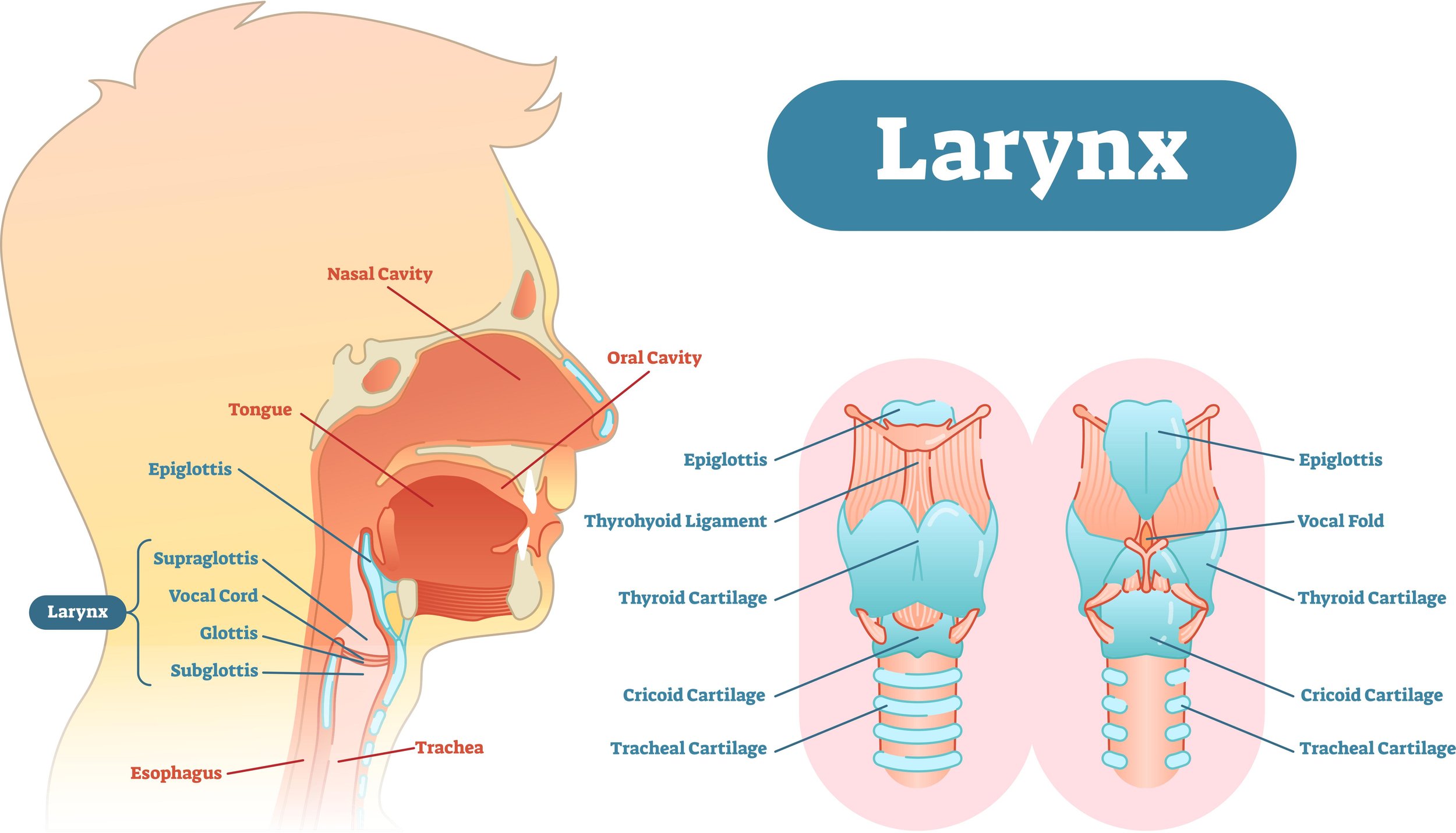The Best and Worst Drinks for Your Voice: Hydrate for Optimal Vocal Health
When it comes to maintaining vocal health, hydration is key. Whether you’re a singer or are working on gender affirming voice training, what you drink can impact your vocal quality.
Let’s dive into which beverages are best for your voice and which ones to avoid.
1. Drinks to Avoid
Alcohol
Alcohol acts as a diuretic, which means it increases urine production and can lead to dehydration. This dehydration can affect your vocal folds, making them less flexible and more prone to strain.
Additionally, alcohol can make you more uninhibited. It can lead you to push your voice harder than usual, which can further strain your vocal cords. Loud bars and restaurants can cause you to speak louder than you would usually.
Caffeine (Coffee, Teas, Energy Drinks)
Caffeinated beverages, such as coffee, black and green teas, and energy drinks, also act as diuretics. They can lead to dehydration, and if consumed before a performance, they might increase anxiety levels.
These drinks are also high in acidity, which can exacerbate acid reflux—a condition that can irritate and damage the vocal cords. For those who are regular caffeine drinkers, it’s essential to balance consumption with adequate water intake.
Carbonated Drinks
Carbonated beverages can negatively impact vocal health in several ways. The carbonation can cause acid reflux, leading to discomfort and potential damage to the vocal folds. Additionally, the gas in these drinks can lead to burping, which can disrupt breathing and vocal performance.
Dairy (Milk)
The belief that dairy products like milk increase phlegm production is highly debated. While some people feel that dairy can cause mucus build-up, others do not experience this effect. A study discussed by the New York Times suggests that while dairy might not directly cause excess mucus, it can feel like it does. If you notice that dairy affects your voice, it might be best to avoid it.
Orange Juice
Orange juice is another highly acidic drink. It can can exacerbate acid reflux for those who struggle with it.
2. The Best Drink: Water
Importance of Hydration
Water is the gold standard for vocal hydration. Proper hydration affects both systemic and superficial hydration. Systemic hydration refers to the fluids within body tissues, which is primarily achieved through drinking water.
On the other hand, superficial hydration involves moisturizing the surface of the vocal cords, which can be aided by steam inhalation or increased humidity. Inadequate hydration can lead to reduced vocal fold viscoelasticity, negatively affecting voice quality and making the vocal folds more susceptible to strain and damage.
A study published in ScienceDirect highlights that systemic hydration, primarily achieved through water intake, plays a crucial role in maintaining the health of vocal folds. It’s recommended to drink room temperature water to avoid the shock that cold water might cause to the vocal cords.
Herbal Teas
Herbal teas, or herbal infusions as they’re sometimes called, can be a great alternative to drinking plain old water. Since herbal teas are made with dried herbs rather than actual tea leaves, they don’t have any caffeine. If you like a hot beverage, these are the best way to go.
Here are a few options:
Chamomile tea is known for its calming effects and may help soothe the digestive tract. It’s often recommended for its anti-inflammatory properties, which can be beneficial for those with reflux. This is my go-to tea.
Throat Coat tea, which mixes slippery elm, licorice, and marshmallow root, is designed to soothe and coat the throat. Some people swear by it.
Ginger tea helps reduce inflammation. However, some people might find that it aggravates acid reflux, so it's important to observe how your body responds.
Lemon balm tea can be soothing but may aggravate acid reflux in some people. If you are prone to reflux, it’s best to test this tea cautiously.
Peppermint tea can help with digestion. However, it may exacerbate acid reflux for some people, so monitor how it affects you personally.
3. Tips for Optimal Vocal Hydration
How Much Water Should You Drink?
A general guideline is to drink at least 64 ounces of water a day, but individual needs may vary. Pay attention to signs of hydration such as clear urine and a well-lubricated throat.
Additional Tips for Maintaining Vocal Health
Using a humidifier or engaging in steam inhalation can further enhance vocal hydration, especially in dry environments. These practices help maintain moisture on the surface of the vocal folds, contributing to better vocal quality.
Conclusion
Choosing the right beverages can significantly impact your vocal health. Prioritizing water and being mindful of drinks that can dehydrate or irritate the vocal cords will help keep your voice in top shape. Remember to listen to your body and make adjustments based on how different drinks affect you personally.
Ready to start improving your vocal health? Try a private lesson for individualized feedback!
























